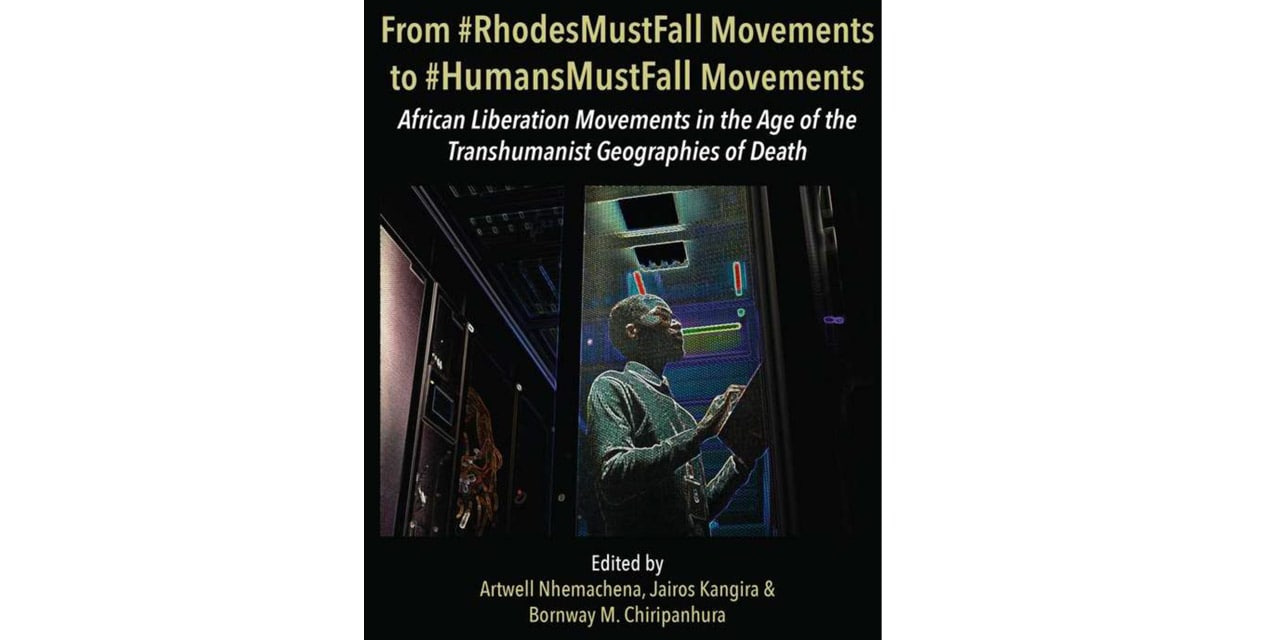African national liberation movements are not only being deconstructed and decentred via contemporary neoliberal discourses, but colonialists and imperialists have always made manifold efforts to destroy African liberation movements and other resistance movements throughout colonial history.
Suffering natural attrition through the death of aging African national liberation fighters and leaders, African national liberation movements are in states of atrophy that is expedited and precipitated by liberal philosophies, organisations and institutions that have tripped the historic agenda of African national liberation movements. Indeed the epithet “movement” signifies ephemerality in contrast to organisational stability and permanence. With neoliberally inclined nongovernmental organisations and civil society organisations grabbing the African liberation agenda from African national liberation movements, neoliberal freedoms have supplanted African national liberation agendas, including restoration of land and other resources to African indigenous people.
In this regard, neoliberal agendas have detracted Africans from fighting for restoration of land such that they have become obsessed with fighting for neoliberal freedoms that do not challenge foreign ownership of land, minerals and other resources. In other words, the African national liberation agenda has been stolen and detracted by neoliberal agendas purveyed by CSOs and NGOs, which unsurprisingly proliferated just after the independence of African states. In this regard, instead of fighting for restitution of land and other resources, Africans have been detoured into neoliberal struggles for freedom of movement, freedom of speech, press freedom and so on designed to bypass African national liberation movement struggles for restitution and restoration of land and other material resources to Africans.
Slowly suffering atrophy, African national liberation movements are being consigned to history together with the objectives for which they fought against colonialists and imperialists. From Julius Kambarage Nyerere to Nelson Mandela, Robert Mugabe, Samora Machel and Kamuzu Banda, leaders of African nationalist liberation movements are departing for another world leaving successors whose wisdom has not been and is not being sufficiently tapped and preserved for posterity.
While some leaders of African national liberation movements, such as Dr Sam Nujoma, Dr Kenneth Kaunda, Jose Eduardo dos Santos, Hage Geingob, Thabo Mbeki, Jacob Zuma, Emmerson D. Mnangagwa and so on are still alive, African youths’ attention has been successfully courted by neoliberal organisations, institutions and ideologies such that they are increasingly losing interest in the philosophies, agendas and values of liberating Africa in material and ideological senses as espoused by African national liberation movements. Cast as mere historical trinkets, African national liberations movements have to retool and appeal to the futurism of African youths whose attention is increasingly grabbed by neoliberal institutions and organisations. Perhaps African youths need to be made to notice that foreign organisations and institutions are not merely grabbing African land in the 21st century but that they are also increasingly grabbing the mental faculties of African youths such that they become people without history and without ownership and control of material resources.
In the light of the foregoing, this book project argues for the need for African national liberation movements to be studied not merely as aspects of history, but as aspects of the future of Africa. In other words, it is necessary to study the history of African national liberation movements as well as the future of such movements in the light of the fact that empire is retooling and to use Dean and Passavant’s (2004) term, “empire is wearing new clothes” in preparation for a colonial comeback.




